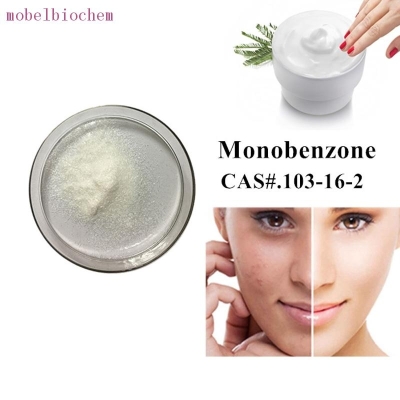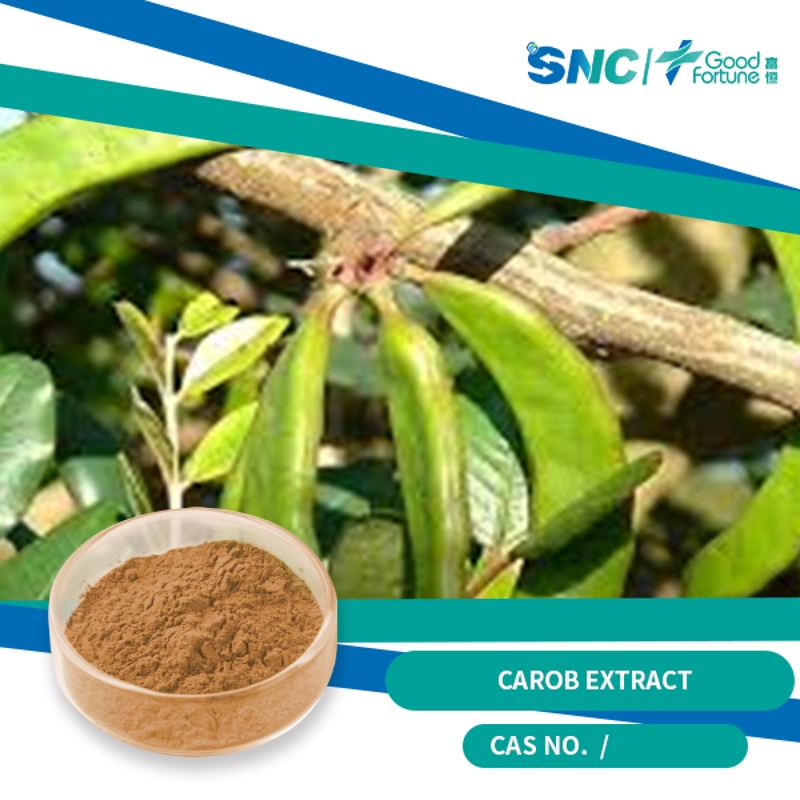The story behind Ginkgo biloba leaves
-
Last Update: 2016-02-25
-
Source: Internet
-
Author: User
Search more information of high quality chemicals, good prices and reliable suppliers, visit
www.echemi.com
In 2015, due to the use of inferior raw materials and unauthorized changes in the production process of Ginkgo biloba extract, many domestic production enterprises were involved These enterprises changed the extraction process without authorization and prepared Ginkgo biloba extract with 3% dilute hydrochloric acid instead of dilute ethanol It can not only save 4000 yuan cost per ton, but also improve the production rate and shorten the basic process time However, this process seriously affects the safety and efficacy of drugs Today, let's help you to explain the disadvantages of extracting ginkgo biloba preparation with dilute hydrochloric acid! 1 The extraction method of dilute hydrochloric acid will reduce the effective components in Ginkgo biloba extract, which is far from the standard of Chinese Pharmacopoeia, especially the decomposition of terpene lactones, which will eventually reduce the efficacy of the product 2 In terms of safety, hydrochloric acid extraction method will increase the content of ginkgo acid and other harmful components in the extract, thus affecting the safety of the product 3 Hydrochloric acid extraction will cause certain harm to the environment The wastewater from the extraction of Ginkgo biloba leaves by hydrochloric acid contains a lot of acid waste liquid of ginkgo acid If the acid waste liquid is not properly treated, it will pollute the water body and cause serious harm to the environment When it comes to the extraction process of Ginkgo biloba leaves, there are two widely used methods at home and abroad: water acetone extraction method and water ethanol extraction method Take danacon (EGb761) as an international standard product of Ginkgo biloba extract, which is produced by water acetone two-phase extraction method The production process is to take water acetone as the starting solvent for crude extraction, and then through several complex processes such as degreasing, removal of ginkgolic acid, enrichment and purification of active ingredients to make the extract This is a patented process, different from any kind of extraction process of Ginkgo biloba extract in the world Because acetone has certain corrosiveness to stainless steel liner and sealing rubber ring in the extraction equipment, the extraction equipment needs to be replaced regularly, and the cost is increased Therefore, considering the domestic equipment and cost status, China's pharmacopoeia stipulates that Ginkgo biloba extract preparation adopts water ethanol extraction method However, compared with the water acetone extraction method, the extraction rate of Ginkgo biloba leaves is higher As we all know, the quality of plant medicine depends on many factors, such as raw material source, quality control, production process and equipment, and the extraction process is undoubtedly the most important link To some extent, to choose a product is to choose a process standard, that is, to choose quality and reputation For example, the EGb761 mentioned above represents a higher standard in the industry, with strict quality control and innovative patent production process, and its active ingredient content is high in purity and better in proportion In terms of curative effect, EGb761 can play multiple roles in coordination, effectively improve circulation metabolism, protect neurons, and fight against peroxidation, which also has a significant effect on delaying cognitive dysfunction in the elderly Based on this, Ipsen has been committed to promoting the pharmacological and clinical research of EGb761 since the 1960s Its benchmark product danacon ® EGb761 has been widely used in clinical for more than 40 years, and its clinical efficacy and safety have been widely verified.
This article is an English version of an article which is originally in the Chinese language on echemi.com and is provided for information purposes only.
This website makes no representation or warranty of any kind, either expressed or implied, as to the accuracy, completeness ownership or reliability of
the article or any translations thereof. If you have any concerns or complaints relating to the article, please send an email, providing a detailed
description of the concern or complaint, to
service@echemi.com. A staff member will contact you within 5 working days. Once verified, infringing content
will be removed immediately.







